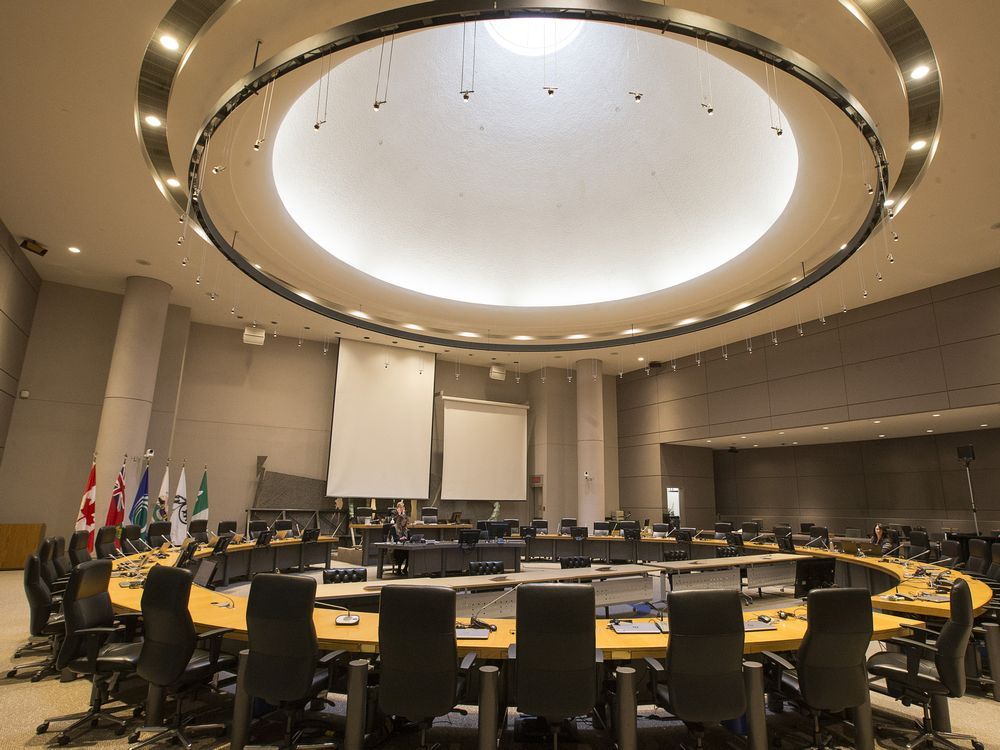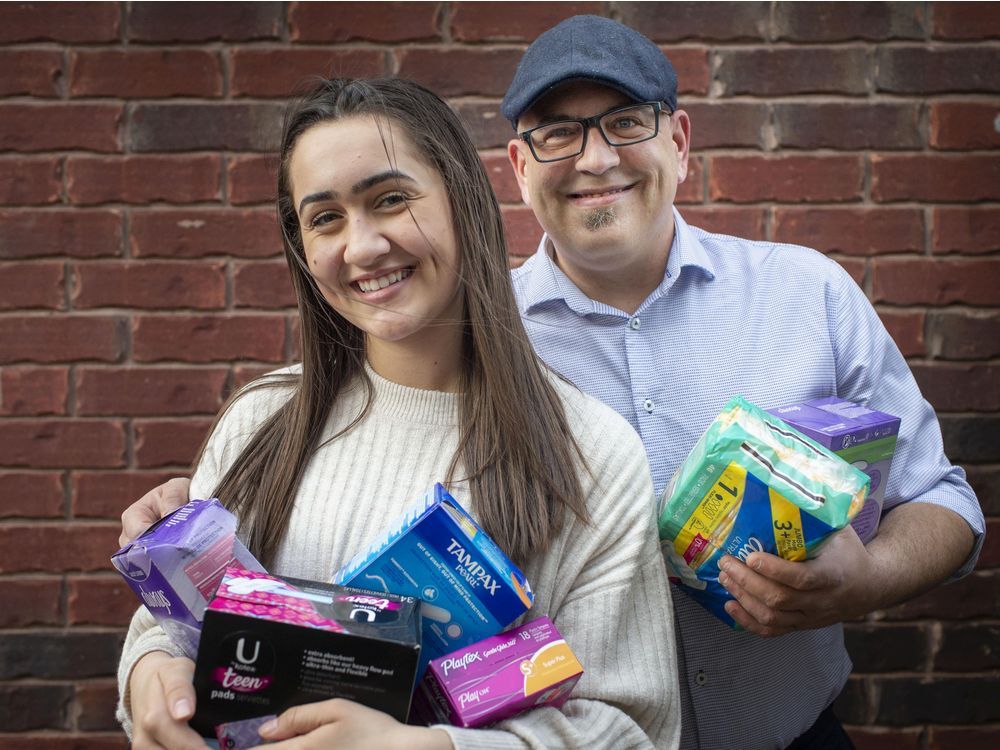covid-19 vaccine linked to 'small, temporary' change in menstrual cycle; not concerning say experts
on average, menstrual cycles increased by 0.71 days after the first dose of the covid-19 vaccine and 0.91 days after the second.
city will offer free menstrual products at four facilities as a pilot project
staff estimate the one-year pilot project will cost $58,000.
mckenzie orders report on providing free menstrual hygiene products in city facilities
i had to end up using toilet paper, and that's embarrassing," said the 16-year-old activist, who with her dad mike has been at the forefront in trying to convince city hall to provide tampons and pads free in city of windsor washrooms. they made impassioned arguments at budget time three weeks ago.
kieran mckenzie responded by taking the first required step toward making it happen when he asked for an administration report on the issue.making these products free, instead of charging a quarter or more from a dispenser that is sometimes broken or empty, is an issue of fairness and equity, say the father and daughter.
mike, a windsor assembly plant worker who's been involved with the local tampon tuesdays campaign since its beginning, made free menstrual products in city facilities one of his campaign platforms for his unsuccessful run at the ward 7 seat during last year's byelection.
public board agrees to provide feminine hygiene products in school washrooms
 5 minute read
5 minute read










